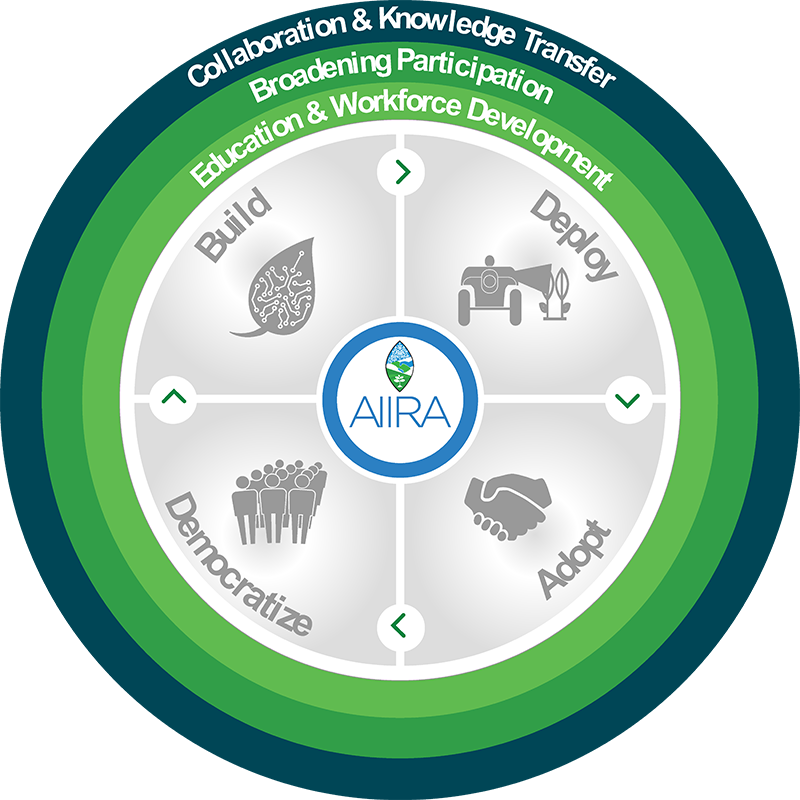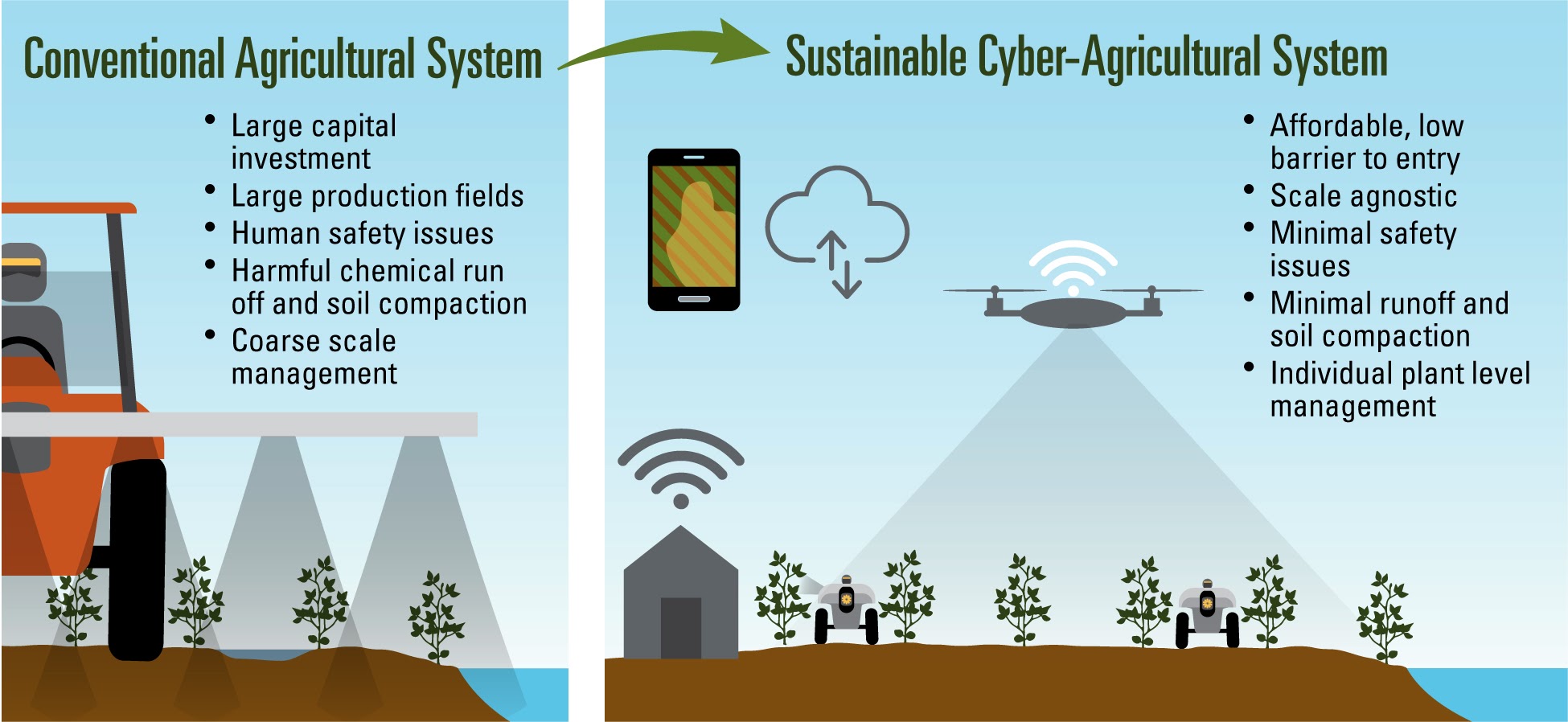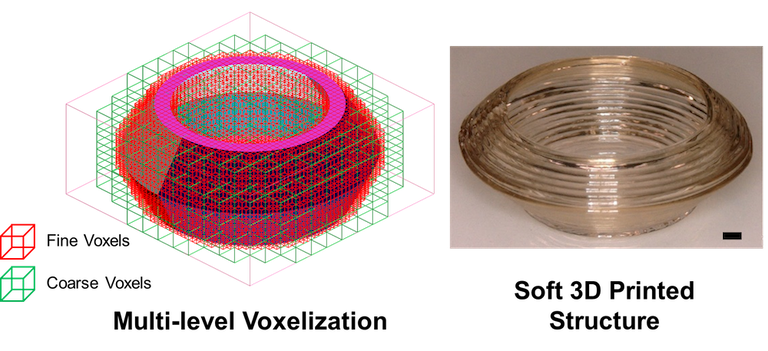Explore our federally funded projects. These initiatives demonstrate our focus on innovative research across various fields.
Federal Funded Projects
Featured Projects
-

NSF USDA-NIFA AI Institute
AI Institute for Resilient Agriculture
PI: Baskar Ganapathysubramanian
- Co-PI: Soumik Sarkar
- Co-PI: Asheesh K Singh
- Co-PI: Arti Singh
- Co-PI: Adarsh Krishnamurthy
AIIRA seeks to create AI-driven digital twins for modeling plants, enhancing the resiliency of agricultural systems.
Funded by: USDA-NSF
Dates: 7/2022 – 6/2024 | FY: 2021
-

NSF CPS Frontier Project – Coalesce
PI: Soumik Sarkar
- Co-PI: Baskar Ganapathysubramanian
- Co-PI: Asheesh K Singh
- Co-PI: Arti Singh
COALESCE aims to design a scale-agnostic, cyber-agricultural system providing individualized plant management. The mission: disrupt agricultural practices with CPS innovations to enhance efficiency and sustainability.
Funded by: National Science Foundation
Award: 1954556 | Dates: 4/15/2021 – 3/31/2026 | FY: 2021
-

NSF LEAP-HI
NSF LEAP-HI AI-Optimized 3D Printing of Super-Soft Materials for Personalized Sensing
PI: Baskar Ganapathysubramanian
- Co-PI: Adarsh Krishnamurthy
- Co-PI: Soumik Sarkar
This LEAP-HI research aims to develop low-cost personalized sensors fabricated on demand to enhance health and well-being. The approach leverages new materials, advanced machine learning, and AI for 3D printing personalized sensors with healthcare applications.
Funded by: National Science Foundation
Award: 2053760 | Dates: 8/2021 – 7/2026 | FY: 2021
All Awarded Projects
Browse through our comprehensive list of all federally funded projects we’ve been a part of. Each project is a testament to our commitment to excellence in research and innovation.
